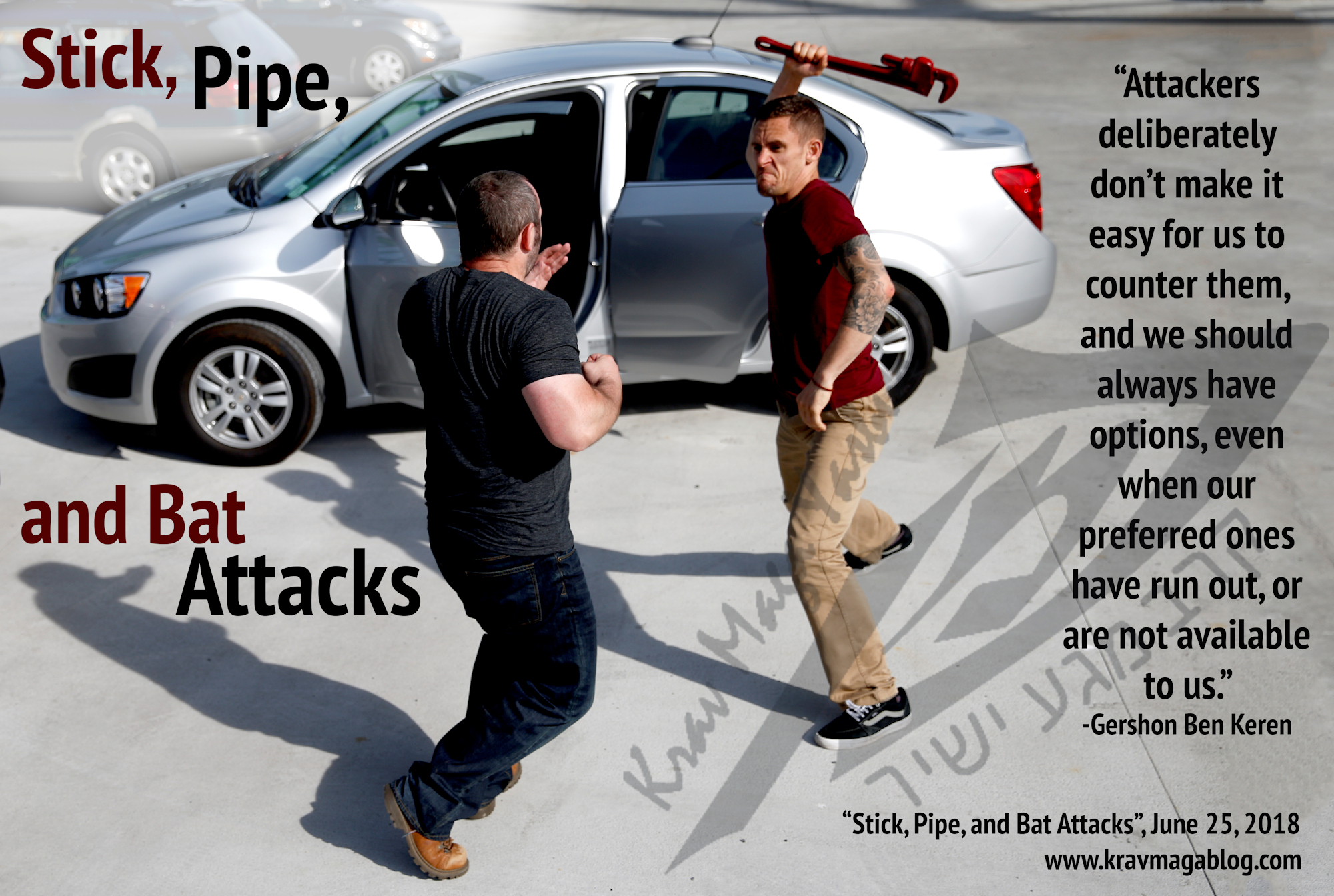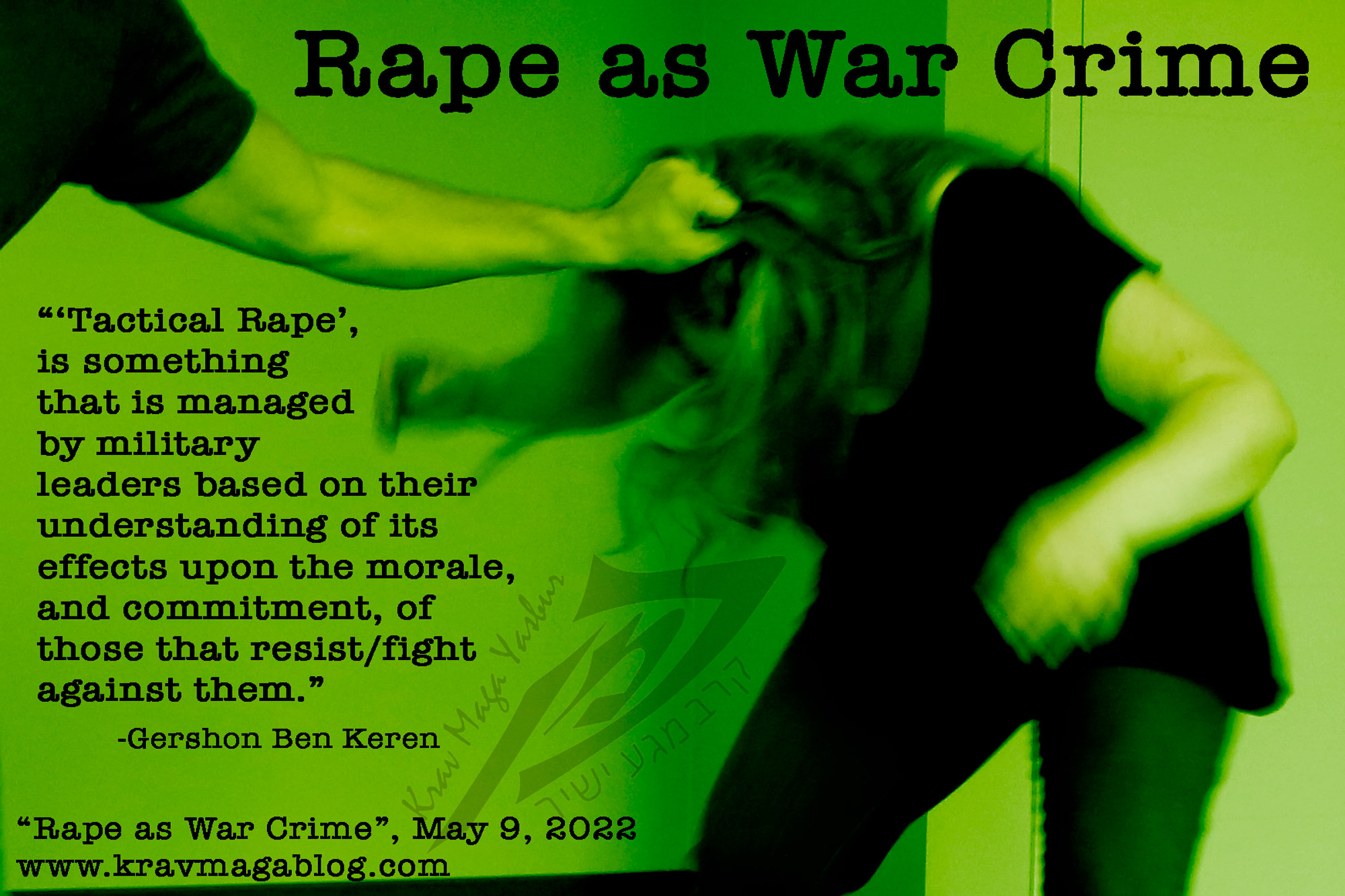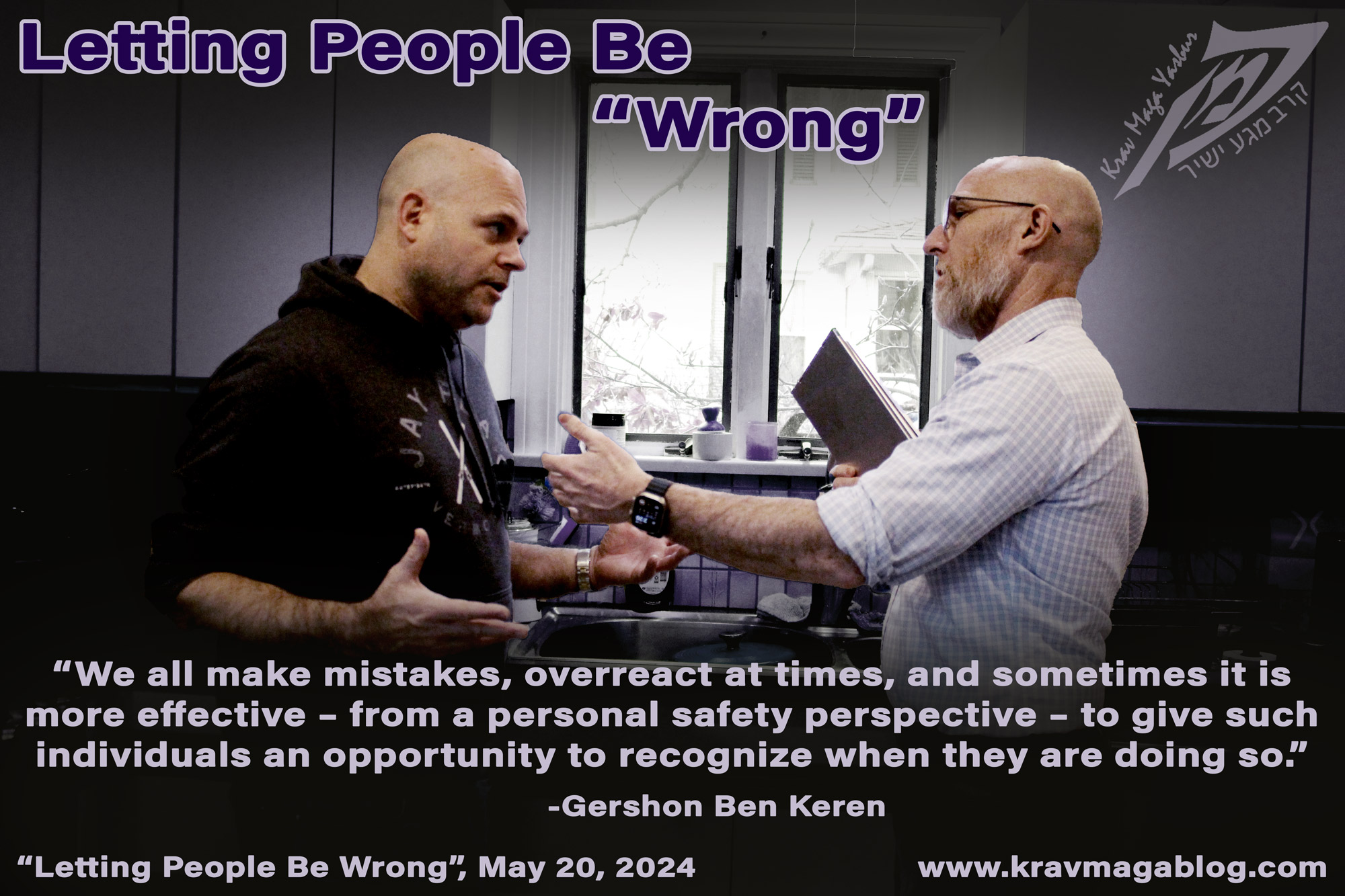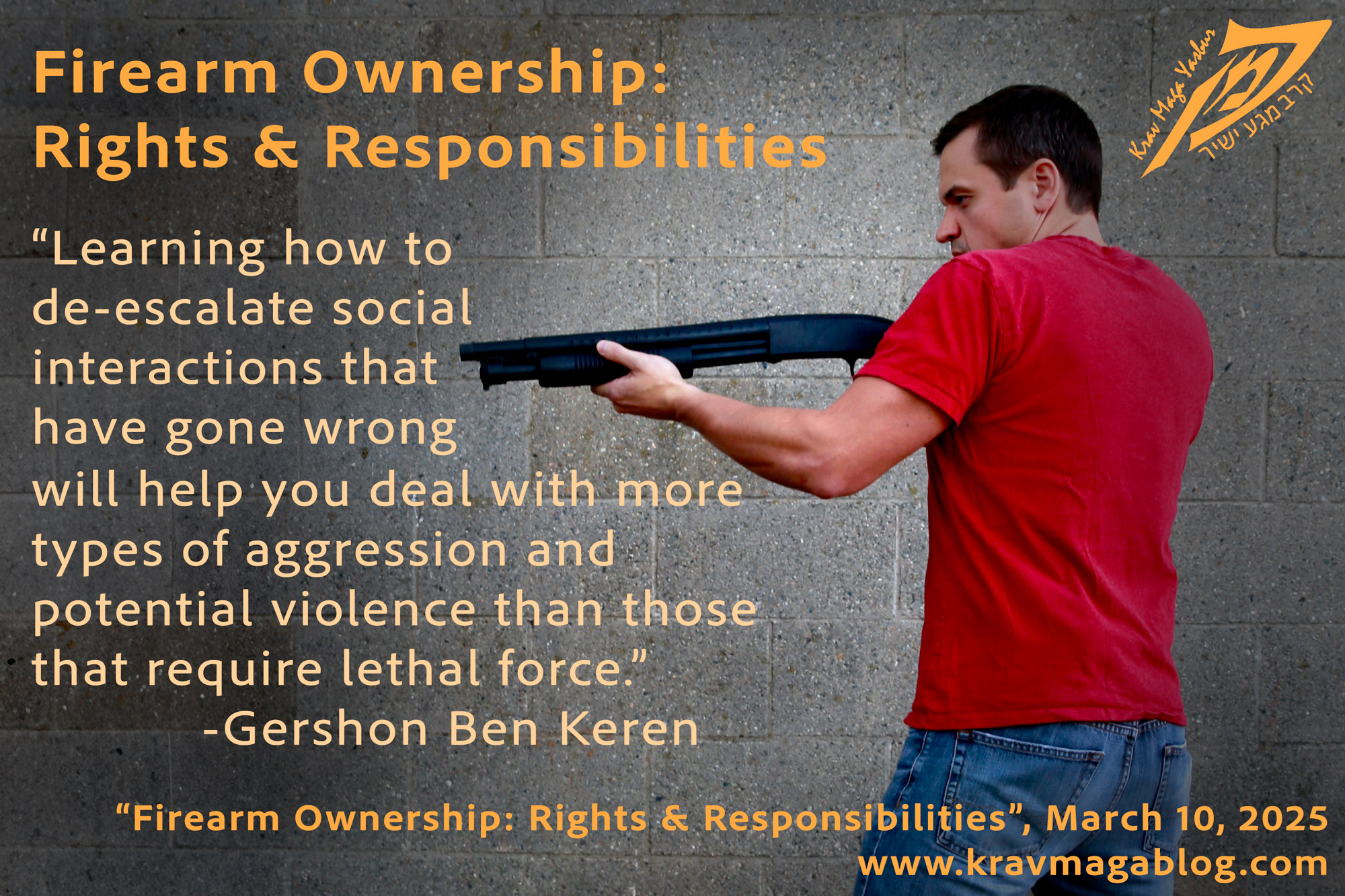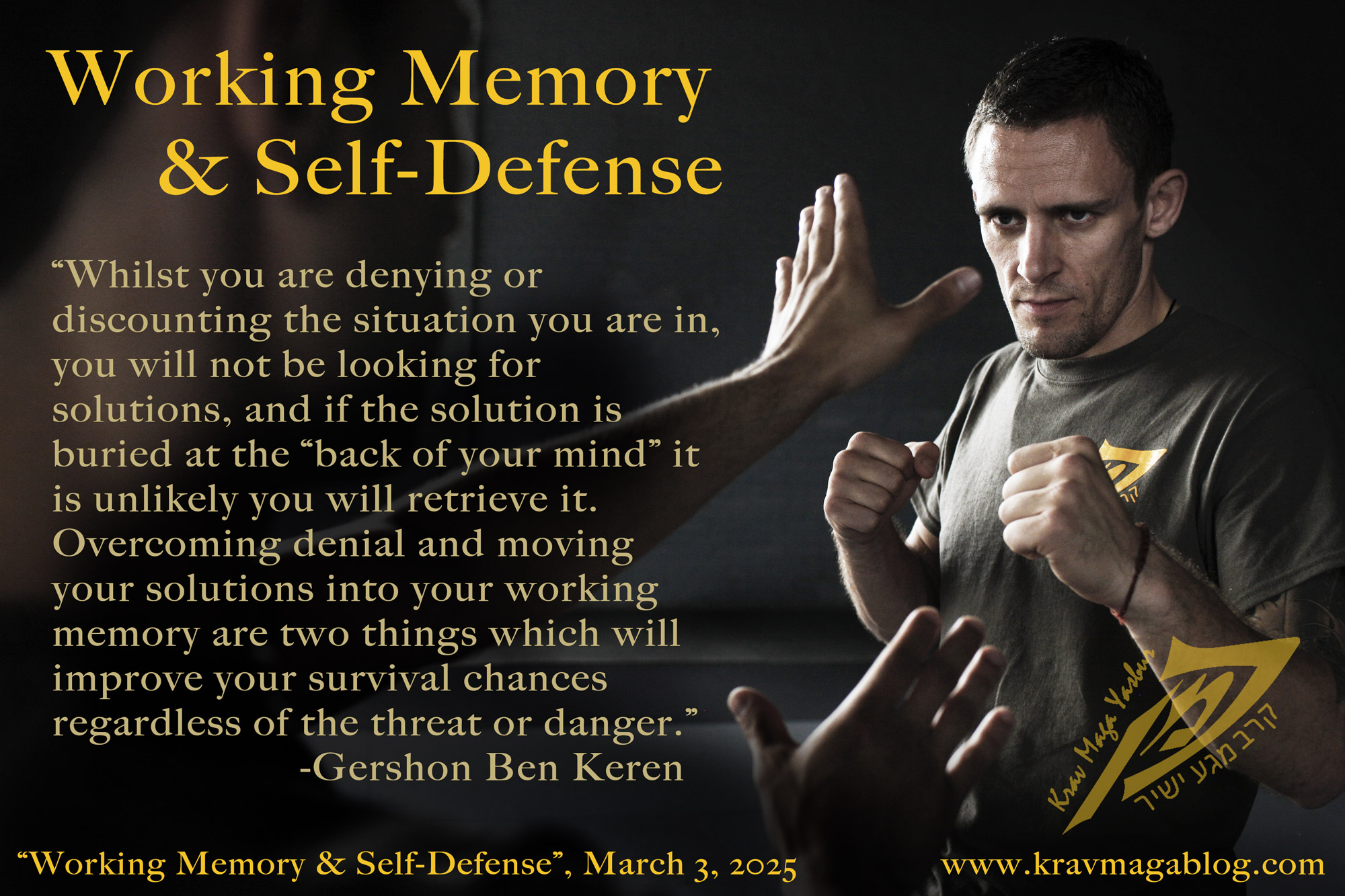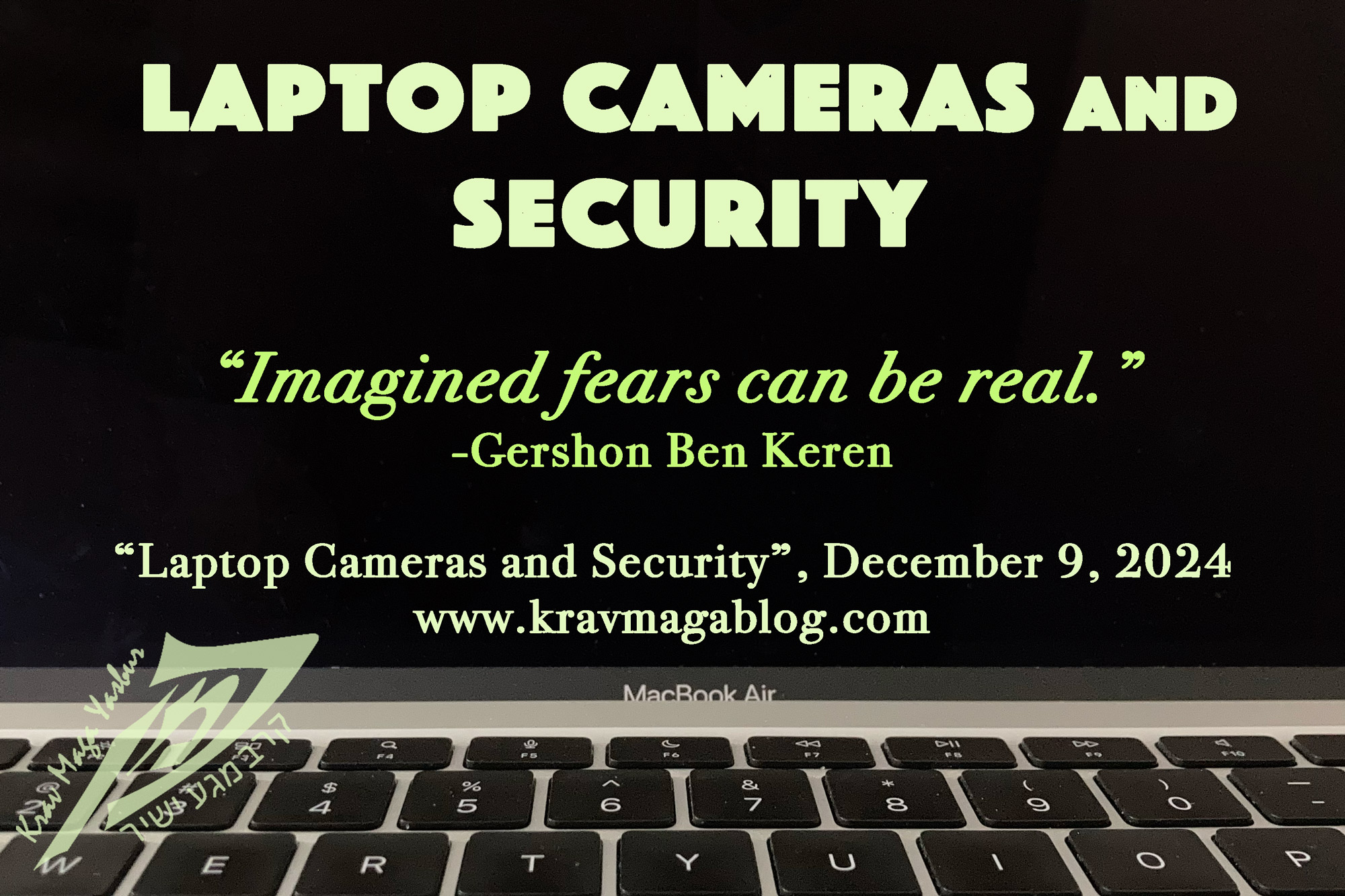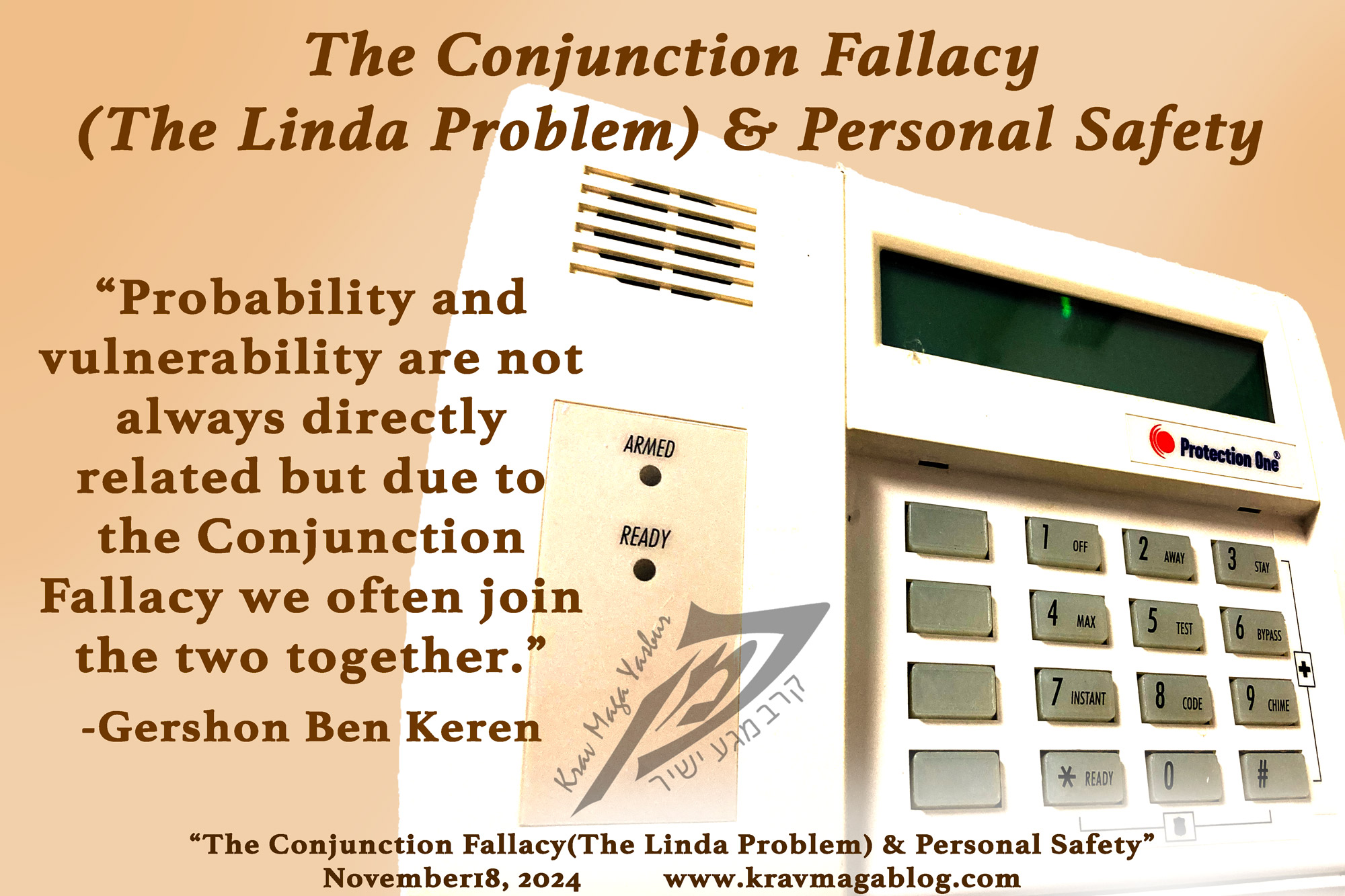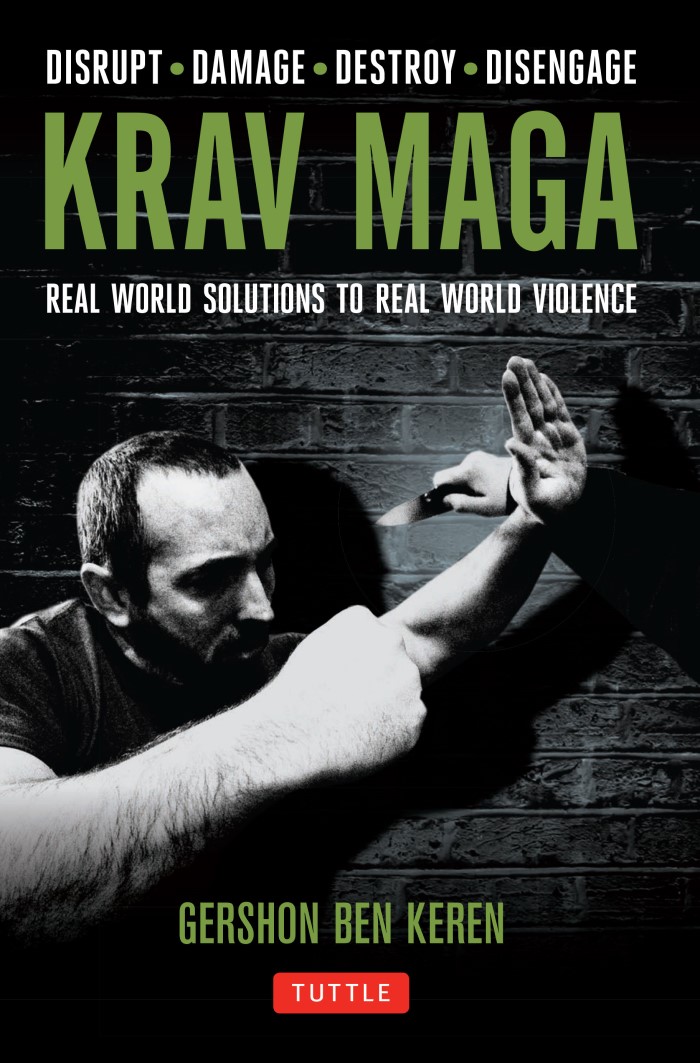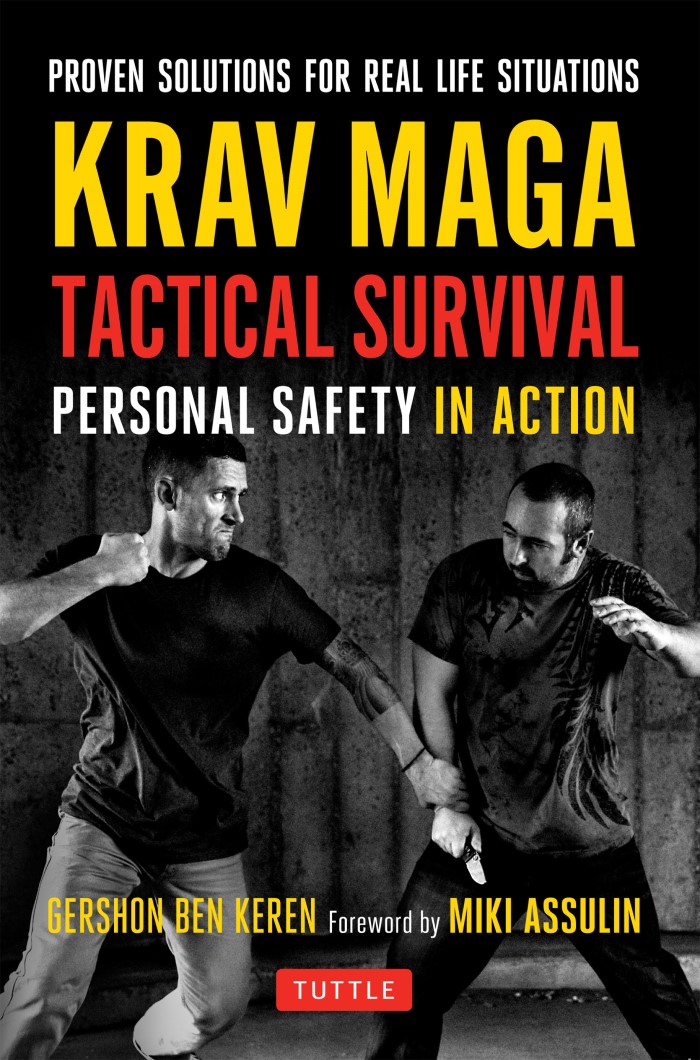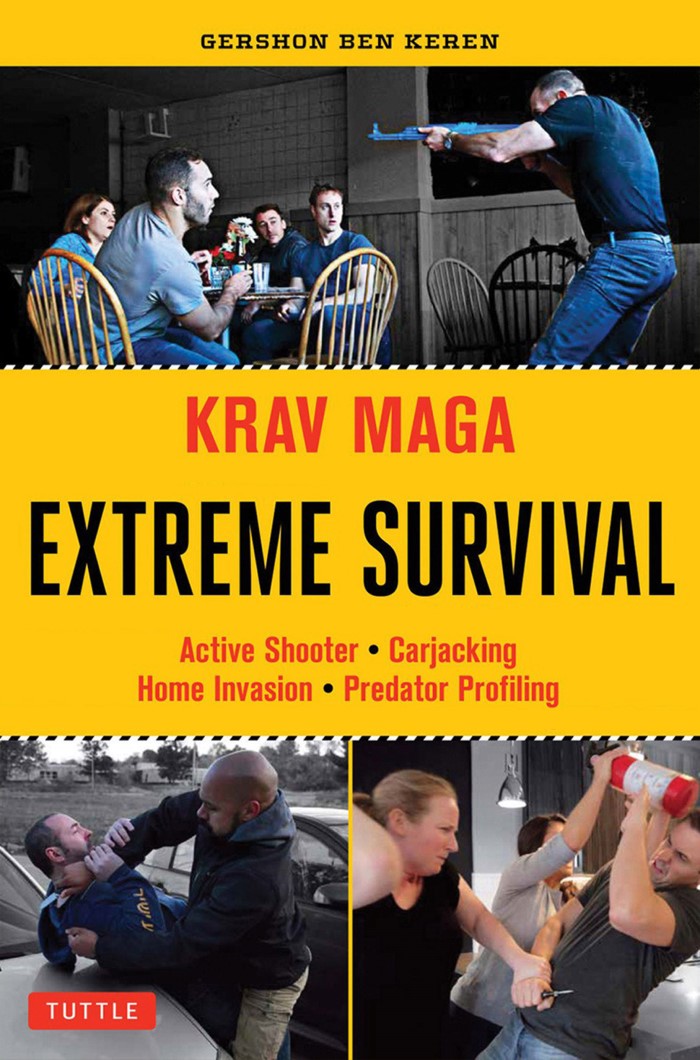Letting People Be Wrong, is an article written by Gershon Ben Keren, a 5th Degree Black Belt in Krav Maga, who teaches Krav Maga in Boston, MA. He has also authored three Amazon best-Selling Books on Krav Maga.
America is a country founded on “rights” e.g., the right to free speech, the right to bear arms etc. It was important for this “new” country to explicitly define these rights when it broke with its colonial past; most of the rights that were/are held in British law are maintained implicitly based largely on “tradition”. Being a newly independent country, putting these rights down on paper was necessary; there are also many other benefits - as well as some issues – in doing so. However, this article isn’t looking to compare the costs and benefits of written (U.S.) and unwritten (U.K.) constitutions. Rather it is looking to present the argument, that from a personal safety perspective, exercising a “right”, may not always be the effective thing to do. To demonstrate this, I want to look at a couple of key concepts regarding the legal rights individuals have when making a claim of self-defense, and occasions when not exercising these rights may be the best way to go.
From a legal perspective, an assault occurs when two criteria are met: 1) a person fears for their safety, and 2) an aggressor is in a position where they can physically contact them (“battery” being unwanted contact). When these conditions are met, an individual is allowed to defend themselves with as much force as is necessary to nullify the threat e.g., if the aggressor is a slightly built 70-year-old woman, you can’t apply/use, ceteris paribus (all other things being equal), the same level of force as if you were dealing with a 20-year-old, 240-pound college wrestler etc. Obviously when making a claim of self-defense in a legal context you would both have to articulate and demonstrate how the other person “assaulted” you, however the law does give you the “right” to make a pre-emptive strike. However, this doesn’t mean that exercising this right is going to be the most effective and/or safest way to deal with every situation/incident. In my time working in the security industry, I have been “assaulted” more times than I can remember i.e., someone has given me reason to fear for my safety and has put themselves in a position to commit battery (make contact with me). This isn’t to make the boast that I’m the veteran of thousands/countless street fights etc., but rather to say that I’ve had a lot of people get in my face, not realizing that they were actually committing assault; most probably believed that they had the right to do this because by refusing them entry to a bar, pub, or club etc., I was denying them a “right” they were entitled to etc. Just because your sneakers/trainers cost more than another person’s pair of cheap dress shoes, doesn’t mean that the “no sneakers” policy doesn’t apply to you. However, just because someone crossed that legal line, didn’t mean I exercised my right of “self-defense” and responded physically. There are times when, to be effective, you have to give people the opportunity to get it wrong and allow them to back away. We all make mistakes, overreact at times, and sometimes it is more effective – from a personal safety perspective – to give such individuals an opportunity to recognize when they are doing so.
The human species lacks an inherent valve/switch that diffuses conflicts. Dogs and wolves rarely fight. When there is a dispute they will posture with each other, before one rolls onto its back, displaying its throat, and licking the other one’s nose: conflict over. If you’ve ever wondered why your dog likes to “boop” your nose it’s because it’s the equivalent of a handshake. Handshakes are offered by humans sometimes as an introduction and sometimes as a signal/act of reconciliation. Unfortunately, humans lack a “ritualistic” means of turning down the heat when we are emotional, which leads to people sometimes getting it wrong i.e., continuing with aggressive behaviors and actions even though they don’t want to engage in physical violence. I’ve had my wrists and clothing grabbed (battery) by emotional individuals who instantly regretted it but lacked the ability to walk their actions back. In each instance, I would have had the right to physically defend myself, but this wasn’t my default response. Sometimes it is more effective to let people get it wrong and give them the opportunity to back away. I always use the term “away” rather than “down” when talking about people backing off, as the term “backing down” implies that they are doing so because of a power differential, rather than because they realized their behavior(s)/action(s) was/were inappropriate. This doesn’t mean that I lack boundaries but that those boundaries are contextual. I’ve lost count of the social media posts where people make absolute statements, such as, “If anyone touches me, I’d…”, or, “If anyone lays a hand on me, I’d…” etc., which are not down to a necessity to set an effective boundary but are driven solely by ego. Of course, there are times to physically respond when someone commits an assault and engages in battery, but there are also times to let a person back away when they realize they have crossed a boundary.
Learning to identify when someone has got it “wrong” and not exercising a “right” relies on the ability to understand the context surrounding an interaction, rather than simply following a personal safety “rule”. It is sometimes better to move/back away from an aggressor twice rather than once, as this gives the individual an opportunity to not move towards you, after what may be an emotional/initial reaction i.e., you give them the chance to recognize that their initial response (moving towards you) was overtly aggressive. If they keep moving towards you, not only have you demonstrated your “innocence” in moving away from the confrontation, and the fact that they have repeatedly “assaulted” you but confirmed to yourself that there is no other response in this moment than acting physically. Whilst a legal and simple response to the battery of someone grabbing your clothing, is to work/act combatively against them, there may be times when it is more effective and safer to break away and give an aggressor time to think about and understand their actions.
0 COMMENTS
